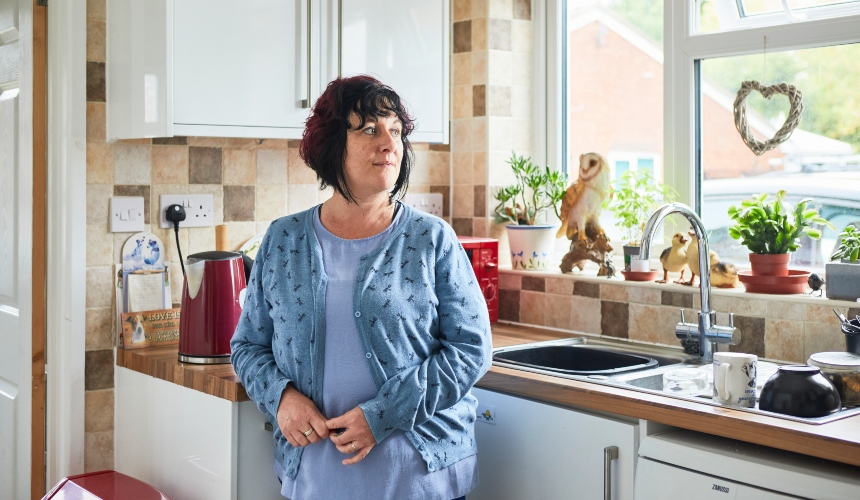Campaign with us
Join our campaigner network and help us challenge and change the issues faced by people living with dementia.

How you can get involved
Campaigning with us means helping to influence the people who make decisions across the UK. It means raising your voice, and calling to make dementia a priority, again and again and again.
There are lots of ways you can get involved:
- If you only have one minute – sign up as a campaigner to stay up to date with the latest news and support future campaign actions
- If you have a little bit longer – see what we’re doing on a local and national level, and read more on our policy positions.
- If you're a Councillor – join our Councillor Network, or see our information for councillors and elected representatives.
Together, we have:
- Shared lived experience of dementia with over 150 politicians across the nations, fuelling conversations about diagnosis with key decision-makers during Dementia Action Week in 2024.
- Campaigners in England, Northern Ireland and Wales have sent welcome letters to Government Ministers in Westminster, the Northern Ireland Assembly and the Senedd – putting dementia on the agenda across the three nations.
- Following our engagement, the planning body for adult social care (Skills for Care) recommended that all social care staff in England should have mandatory dementia training aligned to the Dementia Training Standards Framework.

‘It was only when I really put my foot down, after seven months of waiting for a social services assessment and Mum ending up in hospital, that Mum’s care finally began to move forward – and still our savings are disappearing fast.’
- Enomwoyi, daughter and carer of Pearl, who has dementia
We still need your support
Become a campaigner to help people living with dementia today, and in the future.




